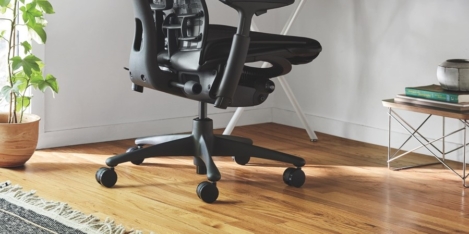To provide the best experiences, we use technologies like cookies to store and/or access device information. Consenting to these technologies will allow us to process data such as browsing behaviour or unique IDs on this site. Not consenting or withdrawing consent, may adversely affect certain features and functions.
The technical storage or access is strictly necessary for the legitimate purpose of enabling the use of a specific service explicitly requested by the subscriber or user, or for the sole purpose of carrying out the transmission of a communication over an electronic communications network.
The technical storage or access is necessary for the legitimate purpose of storing preferences that are not requested by the subscriber or user.
The technical storage or access that is used exclusively for statistical purposes.
The technical storage or access that is used exclusively for anonymous statistical purposes. Without a subpoena, voluntary compliance on the part of your Internet Service Provider, or additional records from a third party, information stored or retrieved for this purpose alone cannot usually be used to identify you.
The technical storage or access is required to create user profiles to send advertising, or to track the user on a website or across several websites for similar marketing purposes.
 The wellbeing benefits from simple daily contact with nature can last for months, once initiated, according to a new review from The Wildlife Trusts. The review is based on surveys completed by people taking part in 30 Days Wild, a study based on three peer-reviewed papers. Researchers at the University of Derby evaluated survey responses from more than 1,000 people over five years and discovered the enduring effects on wellbeing from participation in 30 Days Wild – the positive effects are still felt two months after the challenge is over. More →
The wellbeing benefits from simple daily contact with nature can last for months, once initiated, according to a new review from The Wildlife Trusts. The review is based on surveys completed by people taking part in 30 Days Wild, a study based on three peer-reviewed papers. Researchers at the University of Derby evaluated survey responses from more than 1,000 people over five years and discovered the enduring effects on wellbeing from participation in 30 Days Wild – the positive effects are still felt two months after the challenge is over. More →






































May 26, 2020
The experience of working from home is not the same for everyone
by Anna Hern • Comment, Flexible working, Wellbeing